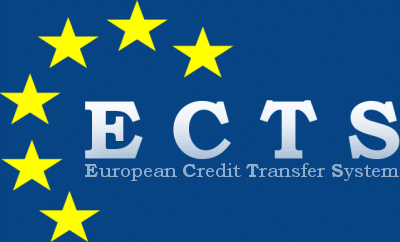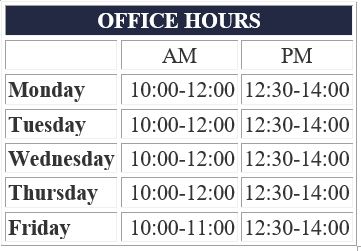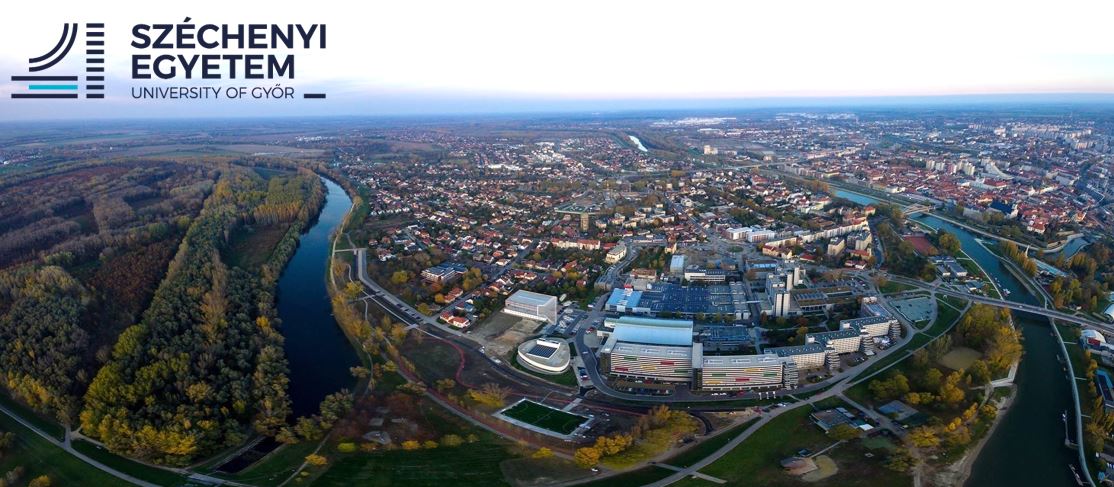ECTS

Szechenyi Istvan University's credit system adapted absolutaly the European Credit Transfer System's requirements
ECTS is a tool that helps to design, describe, and deliver programmes and award higher education qualifications. The use of ECTS, in conjunction with outcomes-based qualifications frameworks, makes programmes and qualifications more transparent and facilitates the recognition of qualifications. ECTS can be applied to all types of programmes, whatever their mode of delivery (school-based, work-based), the learners’ status (full-time, part-time) and to all kinds of learning (formal, non-formal and informal).
ECTS is the credit system for higher education used in the European Higher Education Area, involving all countries engaged in the Bologna Process. ECTS is one of the cornerstones of the Bologna process. Most Bologna countries have adopted ECTS by law for their higher education systems.
Among other objectives, the Bologna Process aims at the establishment of a system of credits as a proper means of promoting the most widespread student mobility. ECTS contributes to several other Bologna objectives:
- ECTS credits are a key element of the Bologna Framework for Qualifications, compatible with the European Qualifications Framework for lifelong learning (EQF). ECTS credits are used in formulating national qualifications frameworks for higher education, which may contain more detailed national credit arrangements.
- ECTS helps institutions to implement the objective of quality assurance (see section. In some countries, ECTS is a requirement for accreditation of higher education programmes or qualifications.
- ECTS is also increasingly used by institutions in other continents and thus plays a role in the growing global dimension of the Bologna Process.
ECTS credits
ECTS credits are based on the workload students need in order to achieve expected learning outcomes. Learning outcomes describe what a learner is expected to know, understand and be able to do after successful completion of a process of learning. They relate to level descriptors in national and European qualifications frameworks.
Workload indicates the time students typically need to complete all learning activities (such as lectures, seminars, projects, practical work, self-study and examinations) required to achieve the expected learning outcomes.
60 ECTS credits are attached to the workload of a fulltime year of formal learning (academic year) and the associated learning outcomes. In most cases, student workload ranges from 1,500 to 1,800 hours for an academic year, whereby one credit corresponds to 25 to 30 hours of work.
Use of ECTS credits
Credits are allocated to entire qualifications or study programmes as well as to their educational components (such as modules, course units, dissertation work, work placements and laboratory work). The number of credits ascribed to each component is based on its weight in terms of the workload students need in order to achieve the learning outcomes in a formal context.
Credits are awarded to individual students (full-time or part-time) after completion of the learning activities required by a formal programme of study or by a single educational component and the successful assessment of the achieved learning outcomes. Credits may be accumulated with a view to obtaining qualifications, as decided by the degree-awarding institution. If students have achieved learning outcomes in other learning contexts or timeframes (formal, nonformal or informal), the associated credits may be awarded after successful assessment, validation or recognition of these learning outcomes.
Credits awarded in one programme may be transferred into another programme, offered by the same or another institution. This transfer can only take place if the degree-awarding institution recognises the credits and the associated learning outcomes. Partner institutions should agree in advance on the recognition of periods of study abroad.
Credit transfer and accumulation are facilitated by the use of the ECTS key documents (Course Catalogue, Student Application Form, Learning Agreement and Transcript of Records) as well as the Diploma Supplement.
ECTS grading scale
The ECTS grading scale provides a common currency to measure the quality of student achievement. It is important to note that it is not meant to replace the local grade but to be used optionally and in addition to it.
ECTS |
Grade % of
|
Definition normally achieving the grade of successful students |
Local grade
|
A |
10 |
EXCELLENT: outstanding performance with only minor errors |
5
|
B |
25 |
VERY GOOD: above average standard but with some errors |
|
C |
30 |
GOOD: generally sound work with a number of notable errors |
4
|
D |
25 |
SATISFACTORY: fair but with significant shortcomings |
3
|
E |
10 |
SUFFICIENT: performance meets minimum criteria |
2
|
FX |
FAIL: some more work required before the credit can be awarded |
1 (insufficient, fail) |
|
F |
FAIL: considerable further work is required |
||
For further information, please visit the following website: http://ec.europa.eu/education/tools/ects_en.htm

















